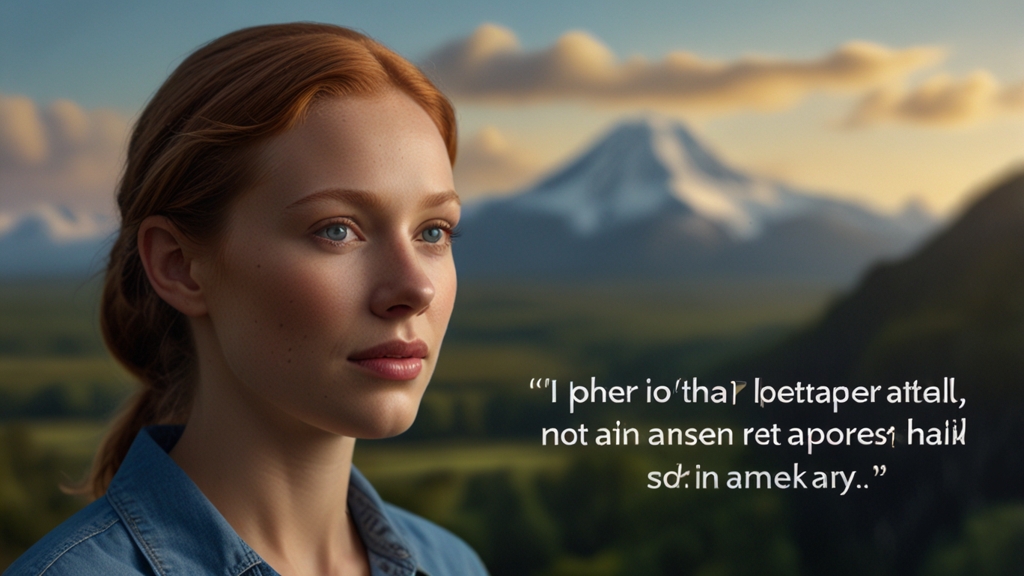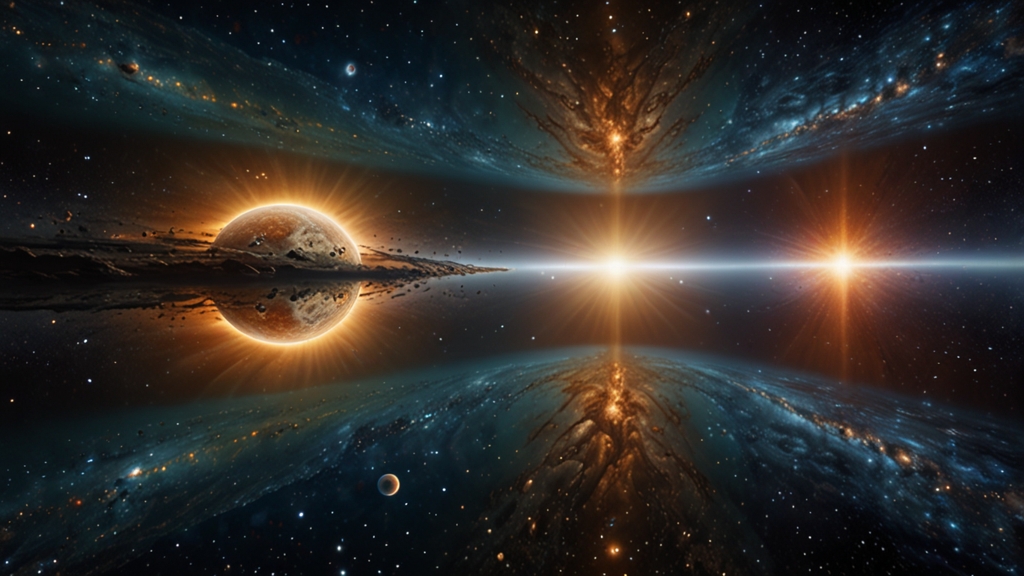What If You Are Living in a Simulation? Philosophical Perspectives
The idea that we might be living in a simulation has fascinated philosophers, scientists, and even the general public for decades. Stimulated by advancements in technology and popularized by films like "The Matrix," this profound hypothesis challenges our understanding of reality. But what does it mean to live in a simulation, and how have philosophers approached this perplexing question?
Historical Context
Philosophers have long pondered the nature of reality and illusion. Plato’s Allegory of the Cave, for instance, describes prisoners who are chained in a cave and can only see the shadows of objects. These shadows, projected on the wall, constitute the prisoners' reality although they are not the true form of reality. Similarly, Descartes' Meditations raise doubts about the reliability of our senses and the possibility of an all-powerful deceiver manipulating our perceptions.
"It is possible that I am dreaming right now and that all of my perceptions are false." — René Descartes, Meditations on First Philosophy
Simulation Hypothesis
Fast forward to the 21st century, and the question of simulated reality has evolved with the advent of digital technology. Philosophers and scientists now consider the “Simulation Hypothesis,” which suggests that our reality could be an artificial simulation, most likely a computer simulation created by a more advanced civilization. Elon Musk, for instance, has famously suggested that the odds are highly in favor of us living in such a simulation.
One prominent argument for this hypothesis comes from philosopher Nick Bostrom. He proposed that at least one of the following propositions must be true:
- The human species is very likely to go extinct before reaching a “posthuman” stage.
- Any posthuman civilization is extremely unlikely to run a significant number of simulations of their evolutionary history (or variations thereof).
- We are almost certainly living in a computer simulation.
"Unless we are now living in a simulation, our descendants will almost certainly never run an ancestor-simulation." — Nick Bostrom, Are You Living in a Computer Simulation?
Philosophical Implications
Assuming that we are indeed living in a simulation, what does it mean for concepts like free will, morality, and personal identity? If our actions and thoughts are predetermined by lines of code, does free will actually exist? Furthermore, the nature of morality could be questioned: are our ethical beliefs and behaviors simply programmed responses?
Moreover, the notion of personal identity becomes muddled in a simulated universe. If we are simulations, are we the same individuals from moment to moment, or do our identities change as the program dictates? These questions challenge the core assumptions we've long held about ourselves and the universe.
Scientific and Technological Considerations
The idea of a simulated reality is not just a philosophical amusement but also a topic of scientific investigation. Some physicists and computer scientists speculate whether anomalies in physical laws might reveal 'glitches' in a possible simulated universe. Quantum mechanics, with its strange and probabilistic nature, occasionally fuels these speculations.
On the technological side, advancements in virtual reality present a more tangible step toward understanding simulated environments. If human technology can create immersive, convincing simulations, it lends some credence to the plausibility of more advanced civilizations having already achieved it on a grand scale.
Conclusion
The hypothesis that we might be living in a simulation bridges the realms of philosophy, science, and technology, stirring deep inquiries about the nature of existence. Whether or not we are in a simulation remains an open question, but its exploration challenges us to rethink our preconceptions about reality, identity, and consciousness. Even if the hypothesis is never confirmed, it remains a brilliant thought experiment that pushes the boundaries of human understanding.
"Reality is merely an illusion, albeit a very persistent one." — Albert Einstein







